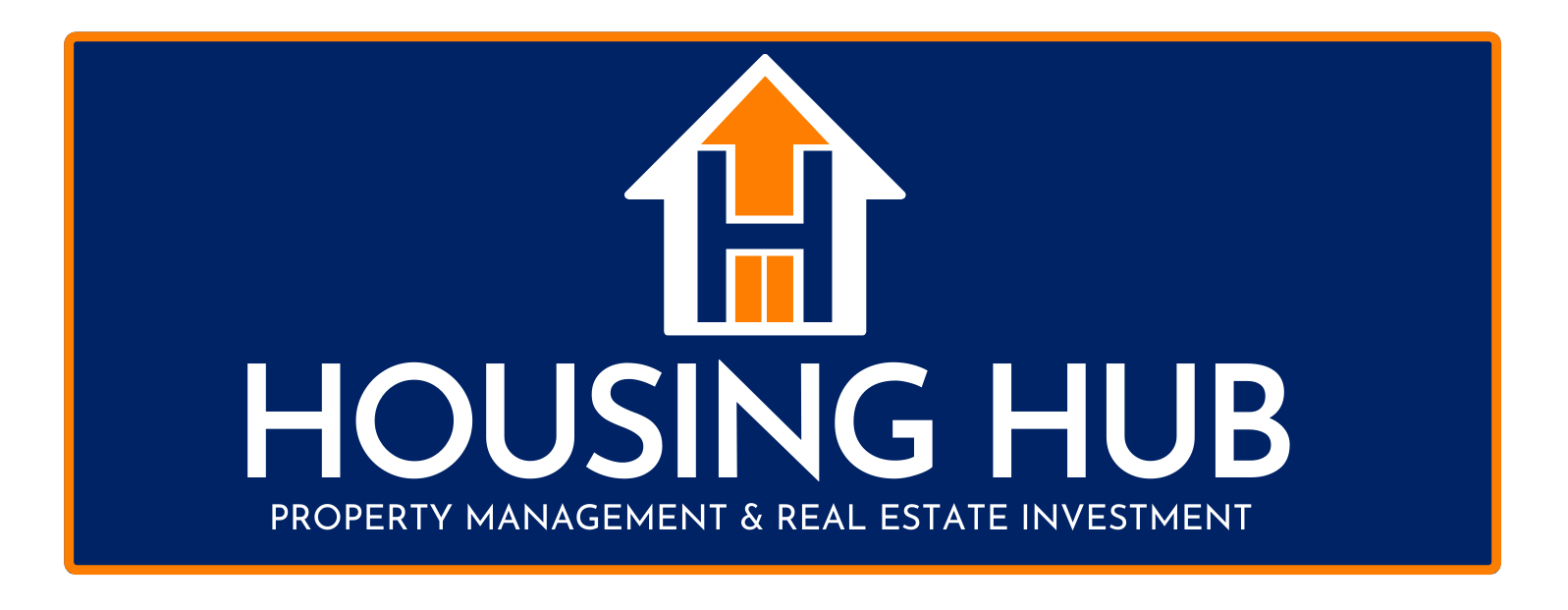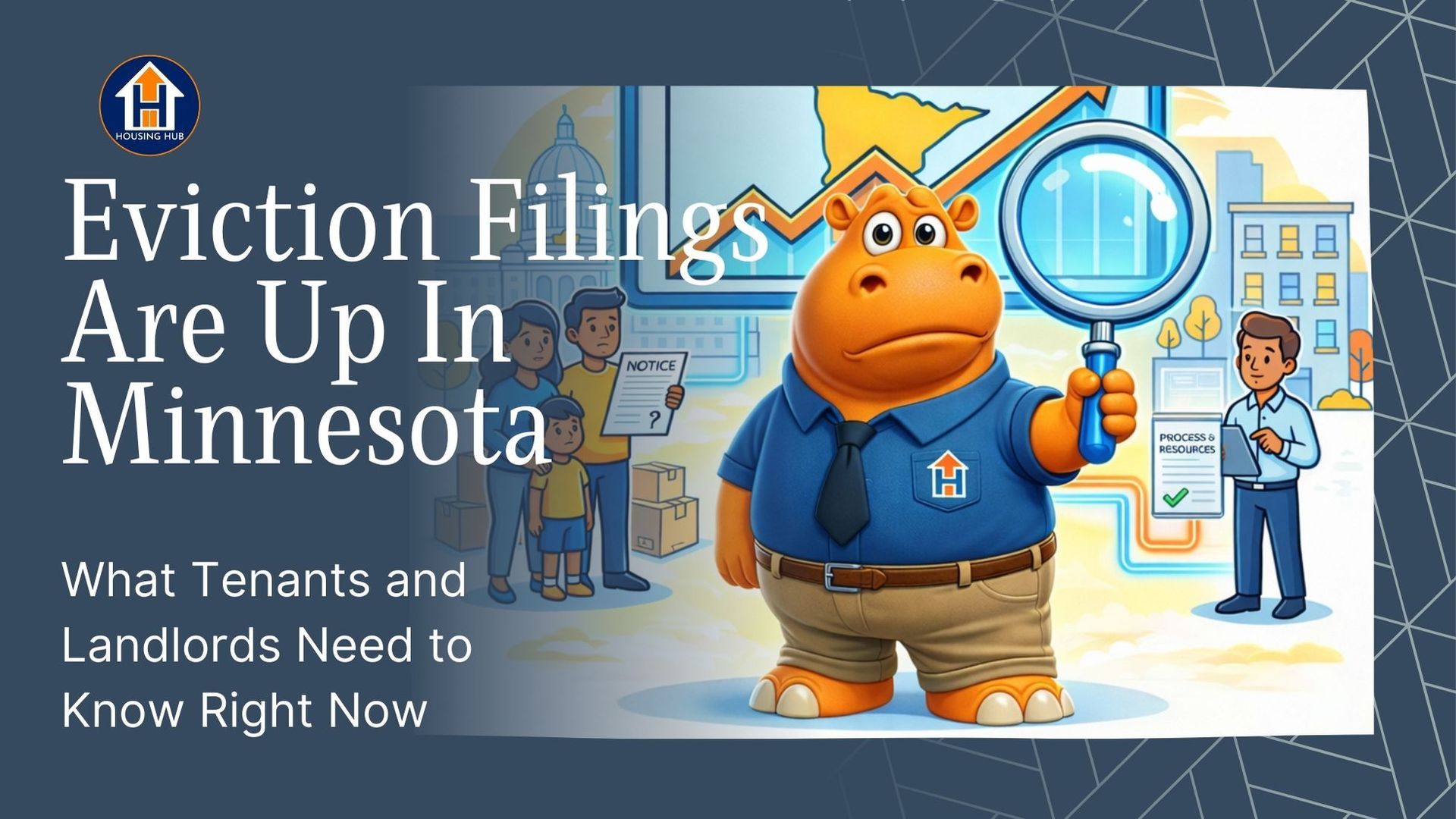Maximizing Rental Property Income in the Twin Cities: Essential Strategies for Success
As a rental property owner in the competitive Twin Cities rental market, maximizing your rental income is crucial to ensure that your investment remains profitable and sustainable in the long term. Achieving this goal requires a comprehensive approach that goes beyond simply increasing rental rates – it involves a deep understanding of the local market, strategic property improvements, tenant retention, and effective property management. Whether you own a single-family home, duplex, loft, condo, or multi-family unit in St. Paul or Minneapolis, adopting proven strategies can help increase your rental property income and secure your financial success in this thriving market.
In this article, we explore how Housing Hub uses various strategies for maximizing your rental property income in the Twin Cities.
Understanding the Twin Cities Rental Market
The first step to maximizing rental income is staying informed about current market trends in the area. Rental rates, occupancy levels, and renter preferences can significantly influence your property’s performance. Keep track of local market trends through reliable sources like rental market reports, local news, and property listing websites. Our team regularly assess your rental property in comparison to similar properties in the area to ensure your property remains competitive and appealing to potential tenants.
Optimizing Rental Rates
To maximize your rental property income, set competitive rental rates that attract quality tenants while ensuring a good return on investment. W conduct a comparative market analysis to determine what comparable properties in the area are renting for, and adjust your rental rates accordingly.
Finding a balance is critical – setting rental rates too high may restrict the tenant pool and result in increased vacancies, while setting them too low may hinder your profitability. Adjust rental rates incrementally and strategically, considering factors such as lease renewal time, local market conditions, and property improvements.
Strategic Property Improvements
Strategic property improvements can attract higher-paying tenants and command higher rental rates, ultimately increasing your rental income. Here are some valuable upgrades to consider:
- Curb Appeal: Create a lasting impression by enhancing the exterior of your property with landscaping, fresh paint, or upgraded entry doors.
- Energy Efficiency: Improve energy efficiency with upgraded insulation, Energy Star-rated appliances, or programmable thermostats – an attractive feature for environmentally conscious renters.
- Kitchen and Bathroom Upgrades: Modernized kitchens and bathrooms appeal to tenants and can justify higher rental rates. Consider installing new countertops, fixtures, or cabinetry.
- Flooring Updates: Upgrade old carpeting to more durable, easy-to-clean options such as laminate or hardwood flooring, a popular choice among renters.
- Safety and Security: Install security features like deadbolts, window locks, and outdoor lighting to create a sense of safety and enhance tenant satisfaction.
Tenant Retention
Tenant retention is a crucial aspect of maximizing rental property income. Reducing tenant turnover lowers associated costs such as marketing, vacancy losses, and maintenance expenses. Implement the following strategies to retain responsible, long-term tenants:
- Maintain Open Communication: Our team regularly communicates with your tenants regarding property updates, maintenance, and any concerns they may have. Promptly address questions and issues to foster a positive landlord-tenant relationship.
- Timely Maintenance and Repairs: We quickly address maintenance issues, ensuring the property remains in good condition and tenants feel valued.
Partnering with a Property Management Company
If you are considering property management for your property, working with an experienced company such as Housing Hub can streamline operations, allowing you to focus on other aspects of your investment. Our skilled team can help you with:
- Marketing and Tenant Screening: Attract high-quality tenants through effective marketing strategies and comprehensive tenant screening processes.
- Rent Collection and Financial Reporting: Efficiently handle rent collection, manage cash flow, and provide regular financial reports to track your property's performance.
- Property Maintenance and Repairs: Coordinate and oversee property maintenance and repair work, ensuring timely and cost-effective solutions.
Maximizing rental property income in the Twin Cities requires a comprehensive approach involving local market understanding, rental rate optimization, strategic property improvements, tenant retention, and effective property management. With diligent efforts and a deep understanding of the local market, you can grow your rental income and strengthen your position in the competitive rental market.
Entrust your rental property management to the experts at Housing Hub, who can help you navigate the Twin Cities market and maximize your rental property income. Our experienced team, equipped with extensive local knowledge and robust
property management expertise, will work diligently to enhance the value and performance of your rental properties. Let us help turn your investment into a thriving success story in the Twin Cities.






